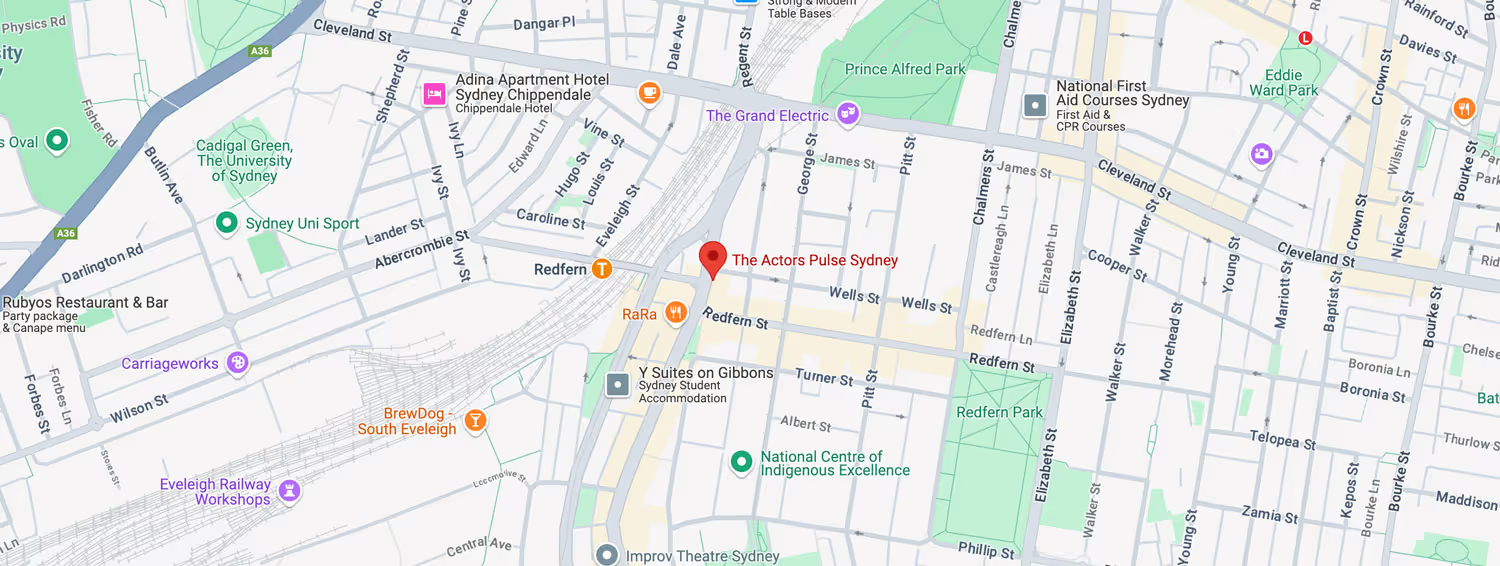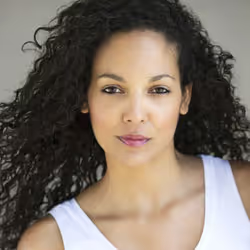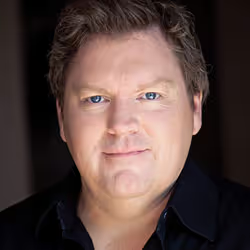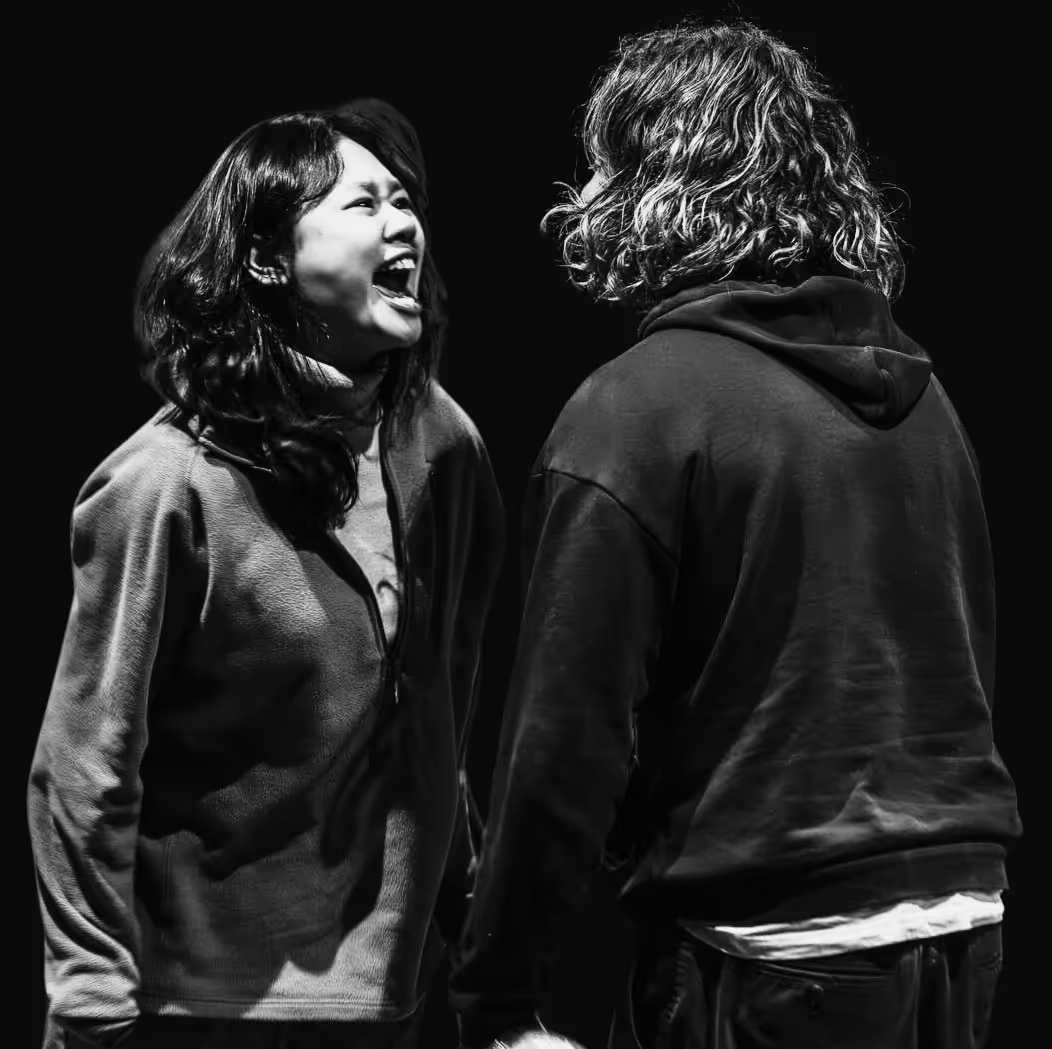
Contact Us
Get in touch with us using the form or details below. We look forward to hearing from you!


Rejection. It is uncomfortable, often painful and can be incredibly demotivating. As an actor, it is something you’re likely to encounter throughout your career.
Rather than let it derail your career or crush your dreams of being a star, it’s important to learn how to manage rejection and understand its role as part of your journey.
In this article, we’ll help you do just that.
While rejection is part of life, most of us will deal with it in our careers at some point, when you’re an actor, it’s guaranteed.
In fact, you almost could say you cannot have one without the other. Acting and rejection go hand in hand.
If you’re someone who really struggles with rejection, this is going to be one of the biggest hurdles to overcome in your career.
As any long-term actor will tell you, at some point, you’ll lose count of how many rejections you face and accept it as a natural part of your journey.
Does this mean it doesn’t still sting? Of course not! But it is possible to not let it overwhelm you. The key is in how you deal with these rejections.
Here’s the thing, the most successful people, whether actors, politicians, artists, writers and more, have all risked rejection by putting themselves out there.
If you’re unwilling to face the possibility of rejection or learn how to leverage it to your advantage, you’re not going to make it in this industry.
Rejection, advantageous? Yep, you read that right, experiencing rejection and spending time to consider why it occurred can help you become a better actor.

If you have been declined for a role, especially if it’s one you really wanted and felt you had nailed the audition for, hearing you didn’t get it can be really upsetting.
It is totally natural to feel this way. However, you should acknowledge these feelings and then step back and look at why.
Reviewing your audition and seeking feedback where possible provides valuable opportunities for you to learn and grow as an actor.
If you never look at the ‘why?’ you may continue to repeat these same mistakes and make minimal progress in your career.
Being open and capable of acknowledging there is always room for improvement, is one of the best ways to ensure you receive more roles and fewer rejections.
Even considering the above, there are many reasons an actor may not be offered a role. Some of these are within your control and others are very much not.
Looking at these can help you move past rejection a little easier or guide you towards making positive changes.
When it comes to these factors, remember to not take it too personally, some things you simply cannot overcome, no matter how talented you are.
Sure, you can make sure you present well, but when it comes to your genetic make-up you have to work with what you’ve got.
While we are all uniquely wonderful in our own right, directors often have a very specific vision for how a character must look. Height, skin tone, proportions, bone structure, smile and much more can all play into this.
If your director has in mind a petite actor of Asian descent and you’re a 6-foot-tall individual of Anglo-Saxon heritage, you’re just not the right fit and it’s nothing you’ve done wrong.
This is part of why many actors do not reveal their ages publicly and instead list their ‘playable age range’. Just as with looks, a casting agent may be after someone who can play a character in their 20’s.
If you’re blessed with a youthful face at almost 40, this may still be possible but if it’s clear you’re the wrong age for the part, there is nothing to do but move on.
You may well have smashed your audition and made an outstanding impression, but as so often happens in this industry, you may miss out due to nepotism.
Someone more connected with greater influence either scores the role or makes sure their preferred candidate does. It’s all about who you know, not what you know a lot of the time.

Instead of thinking ‘I wasn’t good enough’, look at rejection as an opportunity to do better. Just like constructive criticism, rejection can be a positive thing that supports necessary improvement.
Always be well prepared for an audition, read any provided script, notes or similar in detail and practise, practise, practise.
This is the single best way to deliver a winning performance and make a lasting impression.
Casting directors can pick a cocky, self-assured or obviously desperate actor a mile away. Confidence is great, but you need to show an air of humility and desire to be part of the project for more than money.
Remember, As Wayne Dyer so aptly put, ‘attitude is everything, so pick a good one.’
Tied to preparedness and attitude is your skill. Consistently investing in yourself and building on your skills as an actor plays a large role in advancing your career.
Taking lessons with a leading acting school gives you continued opportunities to develop your skills while also receiving guidance and feedback from experienced industry experts.
You wouldn’t expect to win a marathon with zero preparation, right? The same approach should be taken to auditioning, your acting coach is your personal trainer, expertly pushing you towards greatness.
If you’re struggling to secure roles and feel paralysed by continued rejection, The Actors Pulse can help.
With decades of experience and as the leading school for the Meisner Technique in the Southern Hemisphere, we’re best positioned to help you succeed as an actor.
From proper preparation for auditions to helping you break down and make sense of feedback, enhance your skill and more, we’re invested in supporting to you create the career you dream of.
Learn to harness the power of rejection. Contact The Actors Pulse today at 0414 475 515 to learn more.









Get in touch with us using the form or details below. We look forward to hearing from you!
